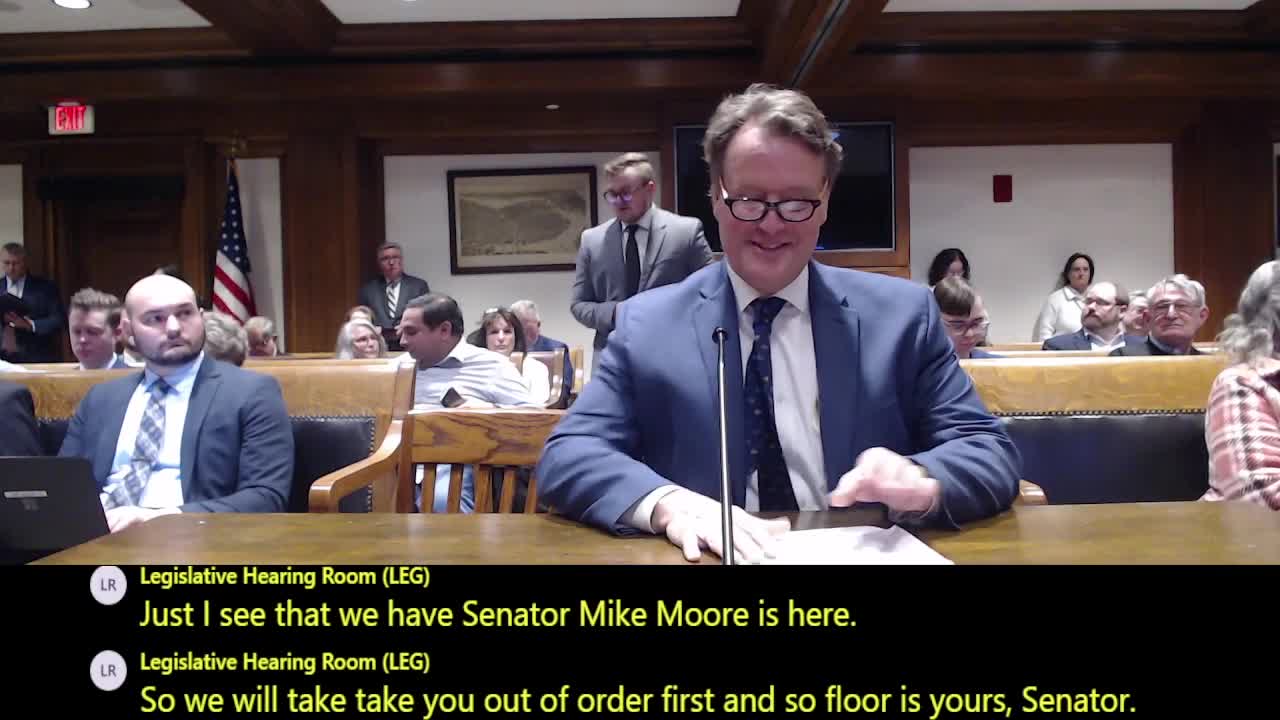Article not found
This article is no longer available. But don't worry—we've gathered other articles that discuss the same topic.
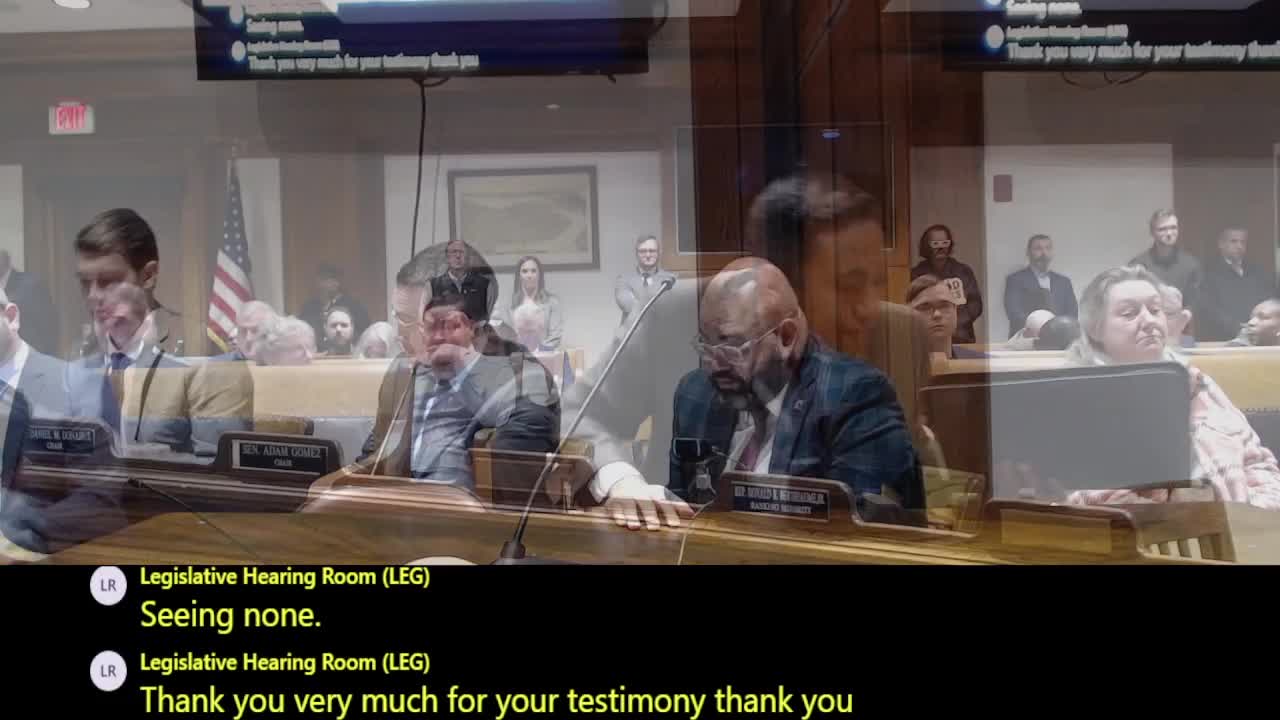
Senator backs study of supply and demand in Massachusetts cannabis market to address price collapse and oversupply
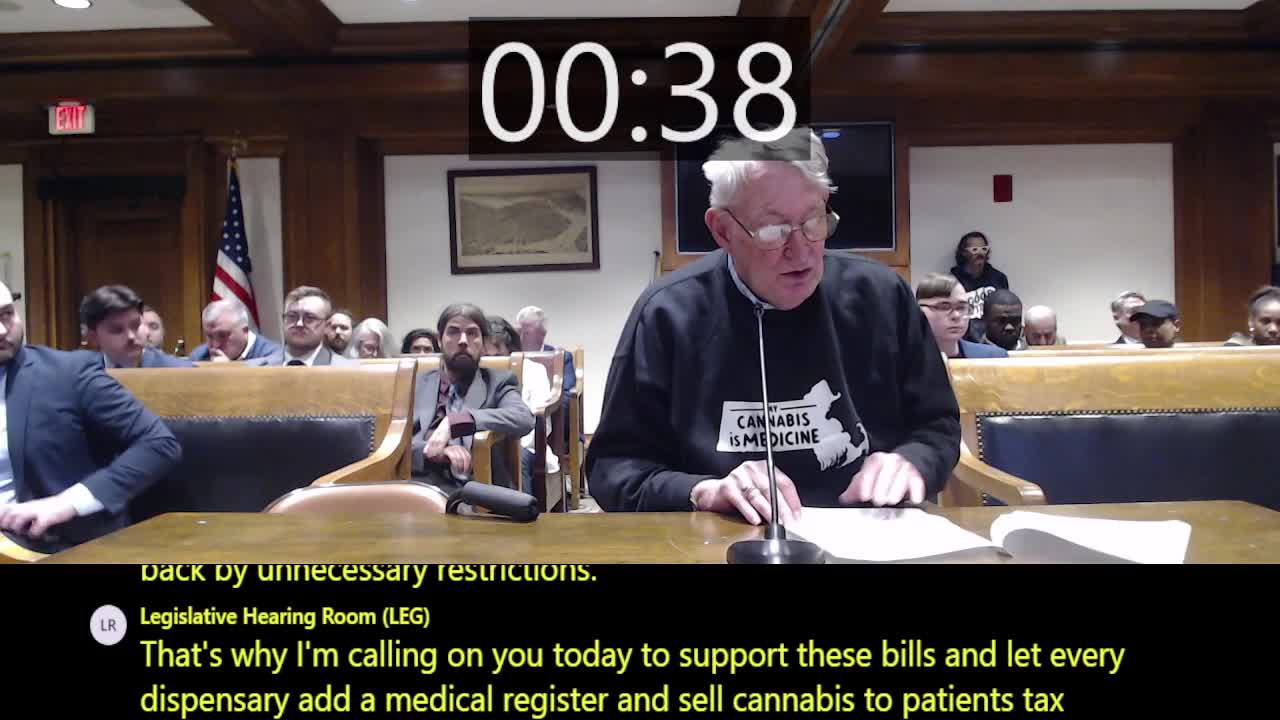
Growers and labs press for testing reform and larger batch sizes; lab-shopping and microbial standards debated
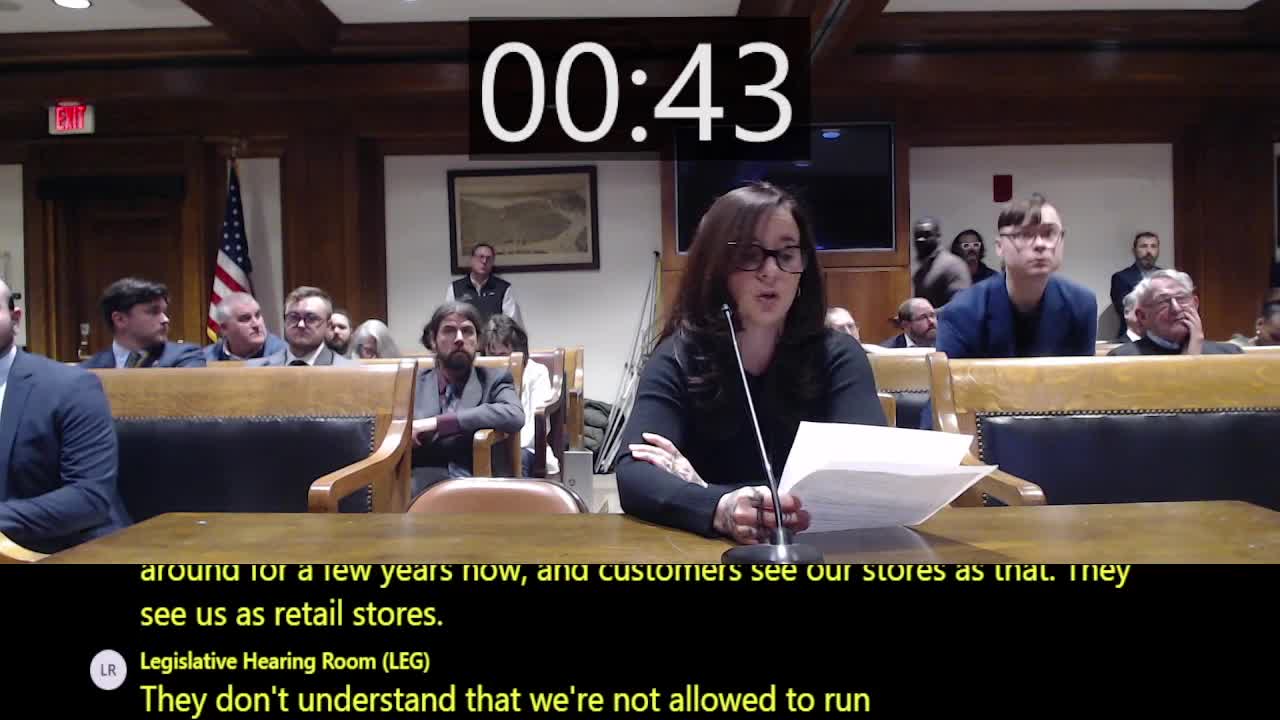
Operators and retailers push for single transferable cannabis agent badge to cut costs and staffing friction
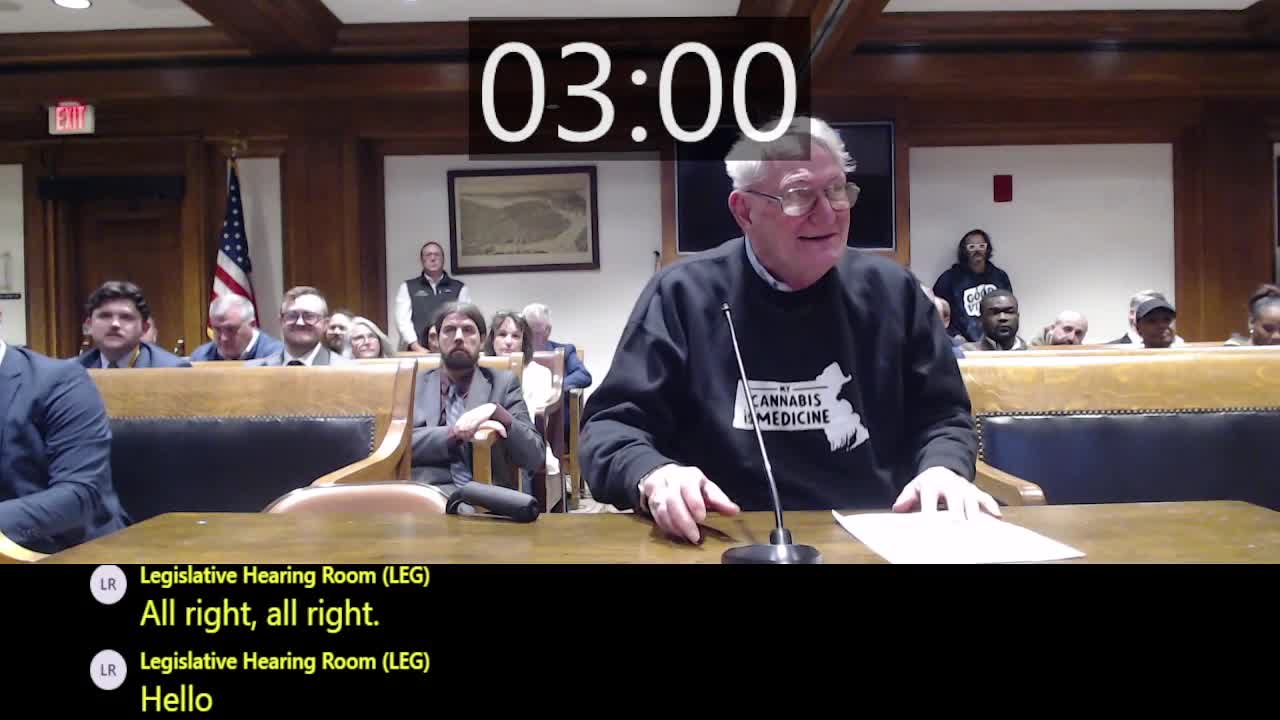
Patients and advocates press for medical program overhaul, urge repeal of vertical integration and lower fees
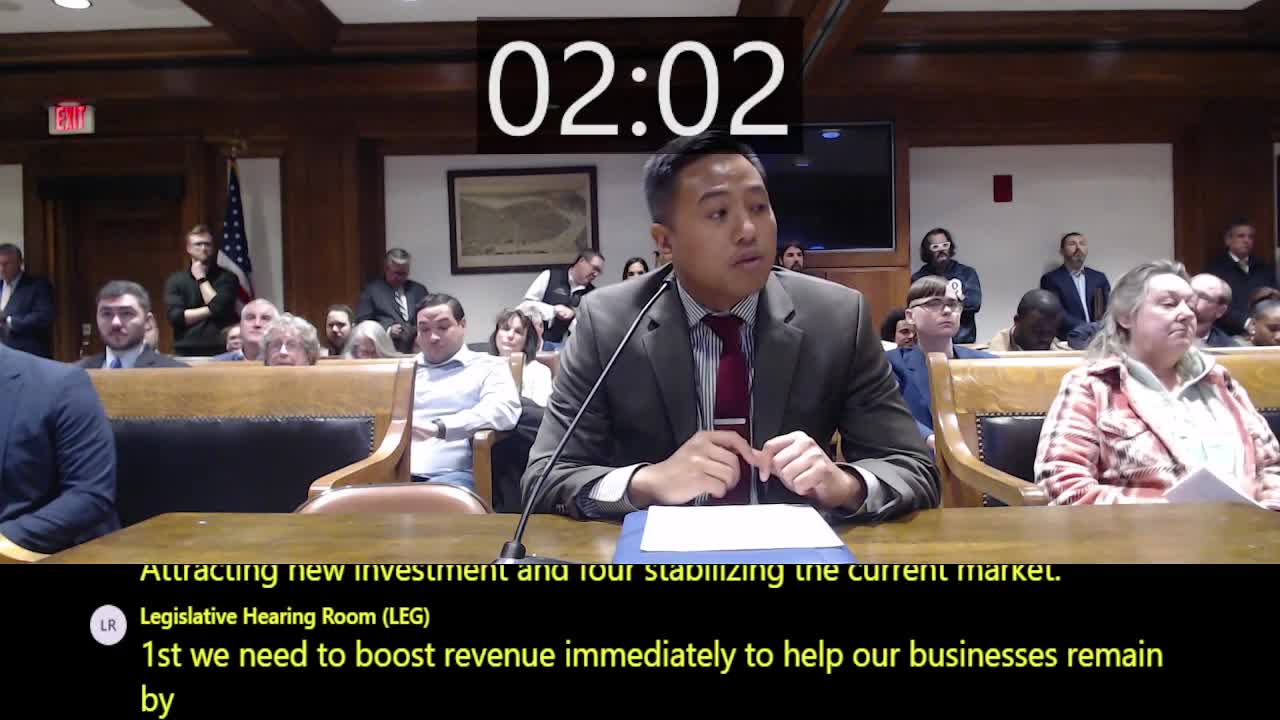
Heated testimony in Massachusetts hearing: should the state raise cannabis license ownership caps?
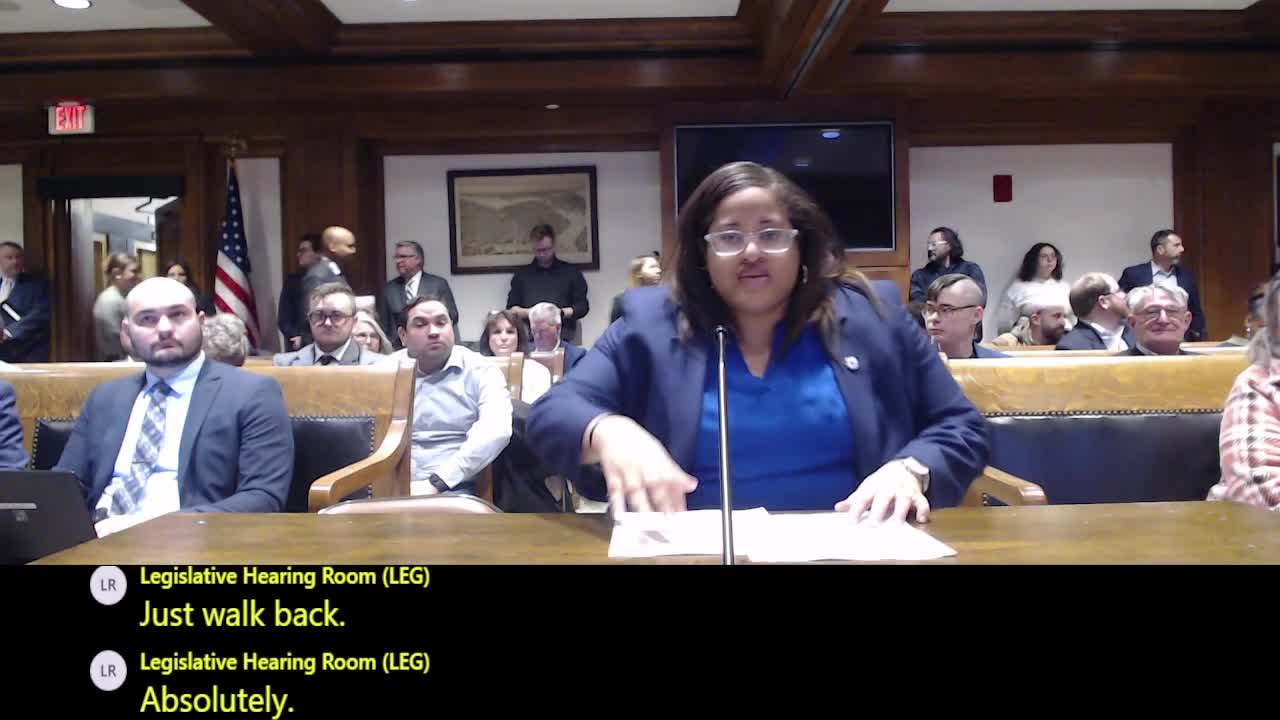
Representative Tyler urges raising daily cannabis purchase limits to 2 ounces to help retailers
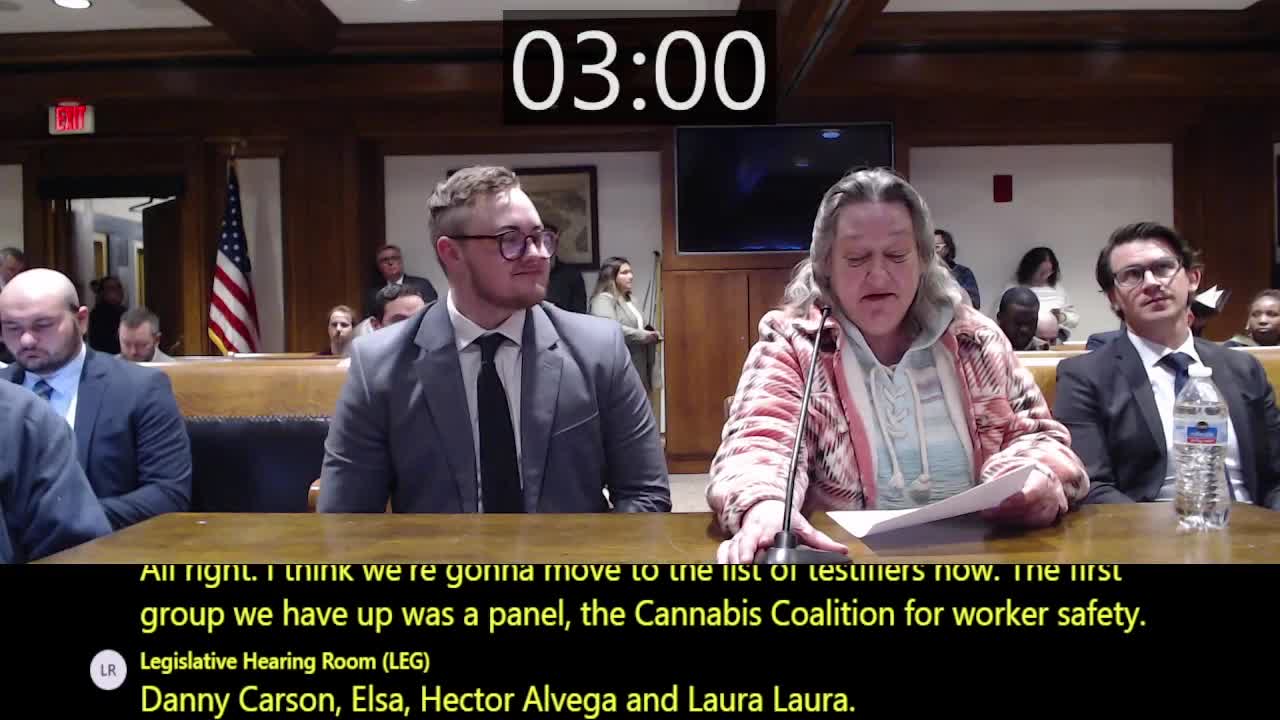
Family, unions and safety advocates press for «department of workplace and consumer safety» at CCC after worker fatality
